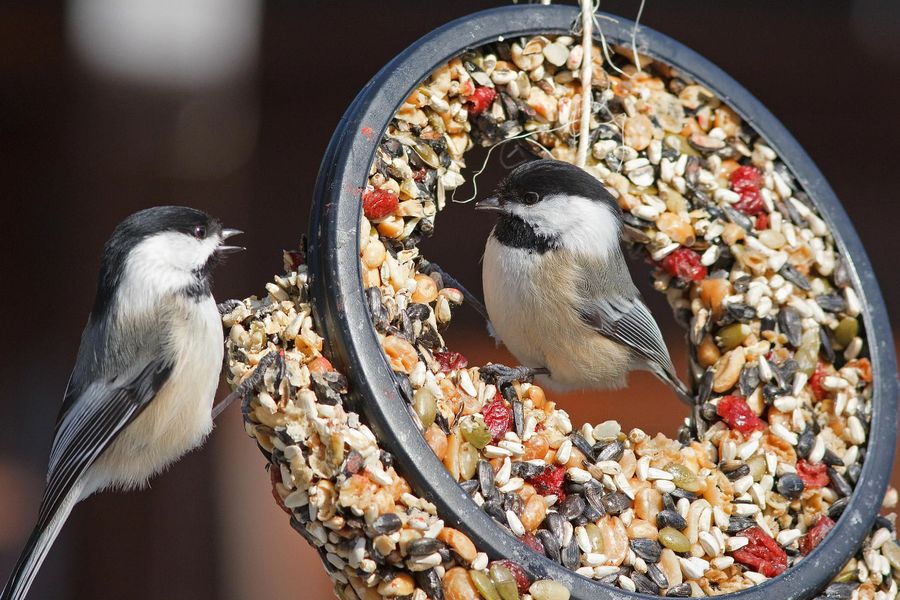Feeding birds is a great way to enjoy nature while also helping animals. Feeding birds requires caution for the sake of the birds and the ecosystem. The likes of Harrisons bird bread are not only beneficial for birds but also for the ecosystem. If you follow these bird feeding recommendations, you may help create a more welcoming space for birds.
Do’s
- To ensure your feathered friends have a healthy diet, feed them high-quality bird food such as suet, fruit, and grains. A wide array of seeds will attract several bird species because of the wide variety of dietary preferences among birds.
- Clean water for drinking and bathing should be readily available. Feathers on birds stay healthy and hydrated thanks to water.
- Invest in feeders suited to the birds you want to attract, then use them. Feeders made of suet, platforms, and tubes all attract a wide variety of birds.
- Bird baths and feeders should be cleaned and sanitized on a regular basis to prevent the spread of disease. Unsanitary feeders pose a health risk.
- Feeders should be placed strategically. Put feeders in places where people can easily see them but where they are also protected from predators and bad weather.
- Be consistent by sticking to a set feeding schedule. Keeping birds fed is especially important during the colder months.
- Learn by watching: keep an eye on the birds that visit your feeders. Understanding the birds’ routines, preferences, and behaviors will enhance your time spent feeding them.
- Tell your friends, family, and neighbors about the importance of ethical bird feeding.
Don’ts
- Don’t give them any bread, crackers, or processed foods. Birds can get sick from a lack of nutrition. If possible, refrain from bringing anything spicy or salty. Spices and salt can make birds nervous.
- Don’t overfill the feeders; that’s rule number three. Excessive feeding can cause decay and pests.
- Honor nesting areas don’t mess with the nests or destroy the eggs or baby birds. Putting feeders too close to places where birds are allowed to nest is discouraged.
- if you must use pesticides, keep a safe distance from bird feeders. There is a risk that birds will be harmed if they consume contaminated food or drink.
- Keep glass and shiny surfaces away from bird feeders to lessen the likelihood of accidents. Birds can fly into windows if they mistake a mirror for the outside world.
- Keep your distance, and don’t touch any wild birds. Keep a comfortable distance to avoid frightening the birds.
- Feeding should be limited to avoid interfering with natural migration patterns. When the season is winding down, it’s best not to feed migratory birds.
End Note
By following these bird feeding recommendations, you may help keep birds safe, enjoy their beauty, and marvel at their magic. When people feed birds in a responsible way, it helps them get along and helps the birds out. For a more accurate bird-friendly food guide, visit www.eurovetsworld.com.

Snowboarder, follower of Christ, music blogger, hand letterer and AIGA member. Acting at the crossroads of simplicity and sustainability to give life to your brand. Let’s chat.


